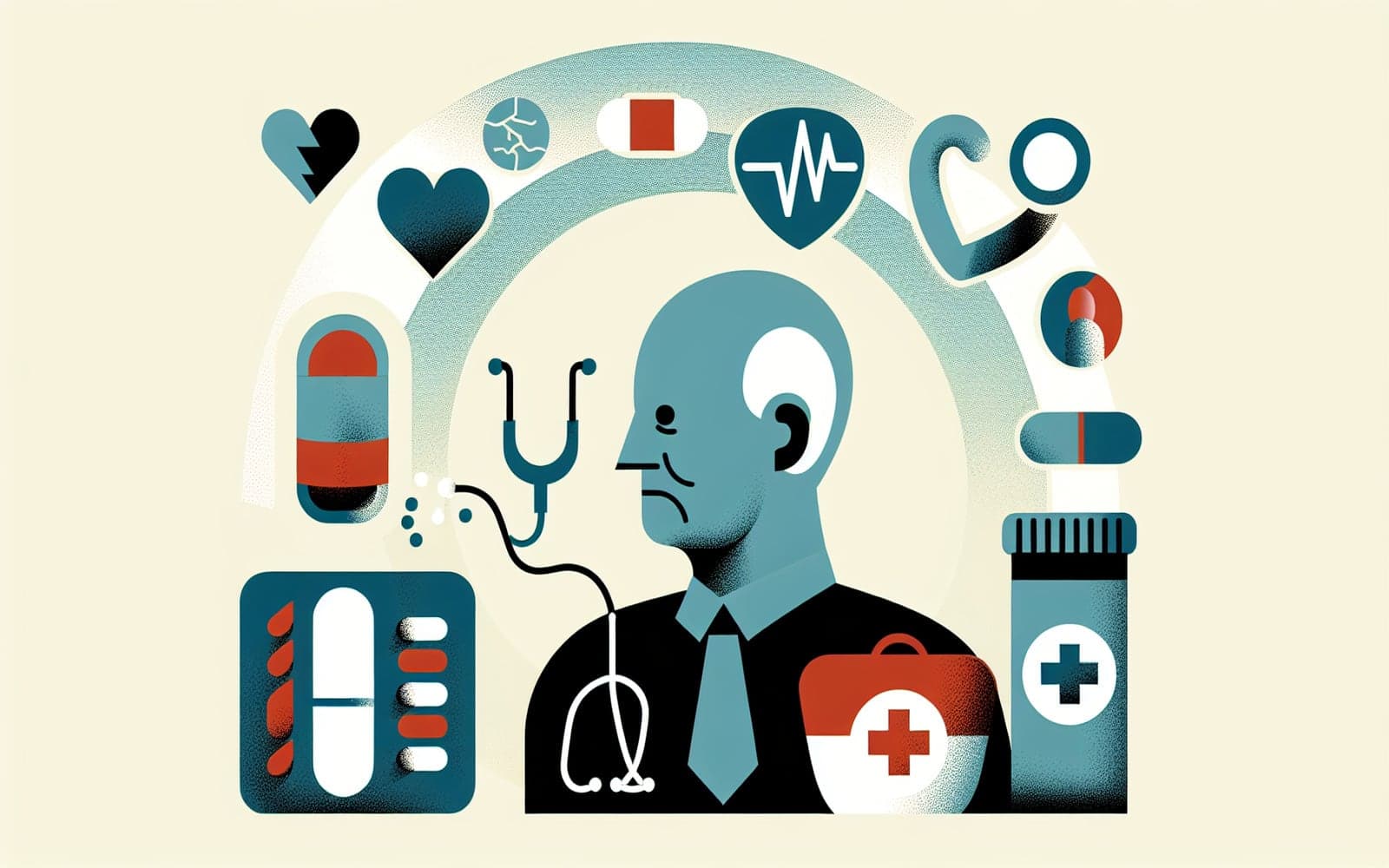What You Need to Know About Hormone Therapy and Stroke Risk
What You Need to Know About Hormone Therapy and Stroke Risk
Why It Matters
Could hormone therapy increase your risk of stroke? Let's dive into the details to find out.
Contents
- Stroke Risk with Hormone Therapy
- Oral vs. Transdermal Estrogen
- Factors Influencing Stroke Risk
Stroke Risk with Hormone Therapy
Clinical trials indicate that oral estrogen therapy may increase the risk of stroke. This risk is present regardless of age or time since menopause, although it's more pronounced in older women. Understanding these risks is vital for making informed decisions about hormone therapy.
Oral vs. Transdermal Estrogen
The method of hormone administration can affect stroke risk. Oral estrogen has been linked to higher stroke risks, while low-dose transdermal estrogen does not appear to increase stroke risk significantly. This difference underscores the importance of discussing administration methods with your healthcare provider.

Factors Influencing Stroke Risk
Factors such as age, obesity, and genetic predispositions like factor V Leiden can elevate stroke risk with hormone therapy. Lifestyle changes and medical interventions tailored to individual risk profiles can help mitigate these risks.
FAQs
Does hormone therapy increase stroke risk?
Yes, especially with oral estrogen.
Is transdermal estrogen safer?
Low-dose transdermal estrogen might have lower stroke risk.
What factors increase stroke risk?
Age, obesity, and certain genetic traits.
Stroke of Insight
Consider stroke risks when evaluating hormone therapy options.
Additional References
- Hendrix SL, Wassertheil-Smoller S, Johnson KC, et al. Effects of conjugated equine estrogen on stroke in the Women's Health Initiative. Circulation 2006; 113:2425.
- Bath PM, Gray LJ. Association between hormone replacement therapy and subsequent stroke: a meta-analysis. BMJ 2005; 330:342.
This article has been reviewed for accuracy by one of the licensed medical doctors working for Doctronic.











